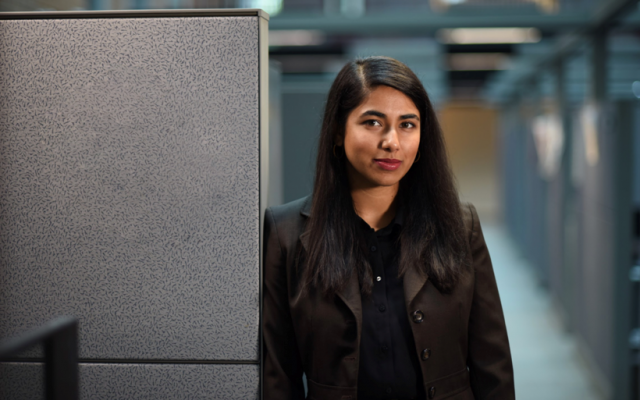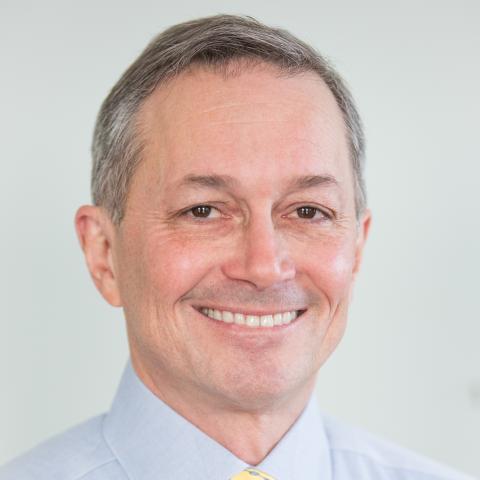
Students often lament, "how will I use what I learn in class in real life?" Applying the knowledge students gain in a course is often not realized until years after they leave campus, but not so for graduate student Soha Aslam *20. Aslam directly credits her experience in both EGR 488 Designing Ventures to Change the World and EGR 491 High-Tech Entrepreneurship, courses she took this academic year, for her recent win in the MIT COVID Challenge: Africa Takes on COVID-19.
Studying mechanical and aerospace engineering with a focus on nuclear engineering and artificial intelligence, Aslam had little awareness of entrepreneurship or design thinking before coming to Princeton to pursue a master's degree. Entrepreneurship was not part of the curriculum in her undergraduate experience. "It was never part of my studies elsewhere, but once I came to Princeton, it was talked about all over campus," Aslam points out. Even though students at Princeton were interested in entrepreneurship, she noticed that the vast majority of her classmates were still following that well-worn path to Wall Street. "Both John Danner (EGR 488) and Chris Kuenne (EGR 491) built classroom environments where students felt empowered to build their own unique career paths. I was instantly struck by my fellow classmates in those courses, students who looked a bit deeper into the companies they may work for in the future, students who are passionate about changing society for the better and doing good in the world. This inspired me to want more."
As the quarantine was hitting its second month, Aslam was finishing her course work and applying for jobs from her home in McKinney, Texas. She saw the MIT Challenge as a way of networking with socially-minded people who might lead her to unique and fulfilling career opportunities. Having never participated in a hack-a-thon she notes that her EGR instructors supplied her with the needed confidence and skill set to take on this challenge, that combined with her desire to "do something" during this global pandemic motivated her to compete.
The MIT COVID Challenge is a hack-a-thon style competition whose mission is to "rally the innovation community to develop solutions towards the most pressing issues related to the COVID-19 crisis in Africa." Aslam's team addressed Energizing Healthcare and created PrioOne, an open-source data platform that will collect data on the location of healthcare facilities, assess the reliability of their energy connections and their proximity to potential COVID hotspots in order rapidly increase energy capacity. "75% of hospitals in Africa have unreliable electricity sources. Many companies in the more densely populated areas have reliable generators sitting dormant during this time of lock-down. We are hoping to help connect the dots and get reliable energy where it is needed most," explains Aslam.
When asked how she came up with this simple but impactful solution in just 48 hours, Aslam once again tips her hat to her EGR instructors. "The design thinking process I learned in the classroom was key to creating this solution. I wouldn't have known how to take a concept from ideation to prototype or how to craft and deliver a pitch." Aslam explains that Danner's course taught her about looking for opportunities and pushing through to come up with solutions and gave her the tools she needs to get from point A to point B. Kuenne's course gave her the organizational skills and the ability to ask the right questions, inspiring creativity, creating a unique conversation, and ultimately leading to problem-solving. "In Danner's class, I built a skill set I could apply to this challenge. In Kuenne's class, I built a mindset I could apply to create a solution, lessons that I will surely use throughout my career and lifetime."
